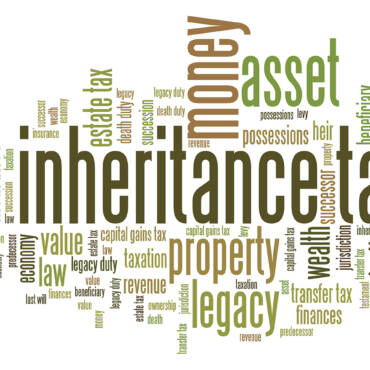Adam’s Technical – The Mini Budget (and subsequent amendments)
The Mini Budget was announced on the 23 September by the now ex-Chancellor, Kwasi Kwarteng. Many of the policies were not taken well by the financial markets. Since that announcement most of them have been rescinded by the new Chancellor, Jeremy Hunt.
Below is a list of the main points:
• The 1% cut to the basic rate of income tax from 20% to 19% that was brought forward to April 2023 has now been cancelled indefinitely.
• The removal of the additional rate tax band of 45% for earned income and 39.35% for dividend income is no longer going to take place.
• The 1.25% increase in National Insurance contributions introduced in April 2022 for employees, employers and the self-employed will be removed from this November as planned.
• The corporation tax increase of 6%, from 19% to 25%, will now go ahead as planned, prior to the mini budget, in April 2023.
• The tax on alcohol, which was set to be frozen, will now increase by the rise in the retail price index.
• The changes to the Stamp Duty charged on property purchases survived the reversal. This means that no stamp duty will be paid on property purchases under £250,000. For first time buyers no stamp duty will be paid on purchases under £425,000.
• The dividend tax increase of 1.25% on all tax bands introduced this April was reversed in the mini budget. This planned reduction will not take place.
• The price cap guarantee on a unit of energy (not a cap on bills) that was introduced prior to the mini budget, lasting for two years, has now been reduced to six months.
• As we understand it the state pension will increase by inflation next April. However, this could still be changed.
Adam.


